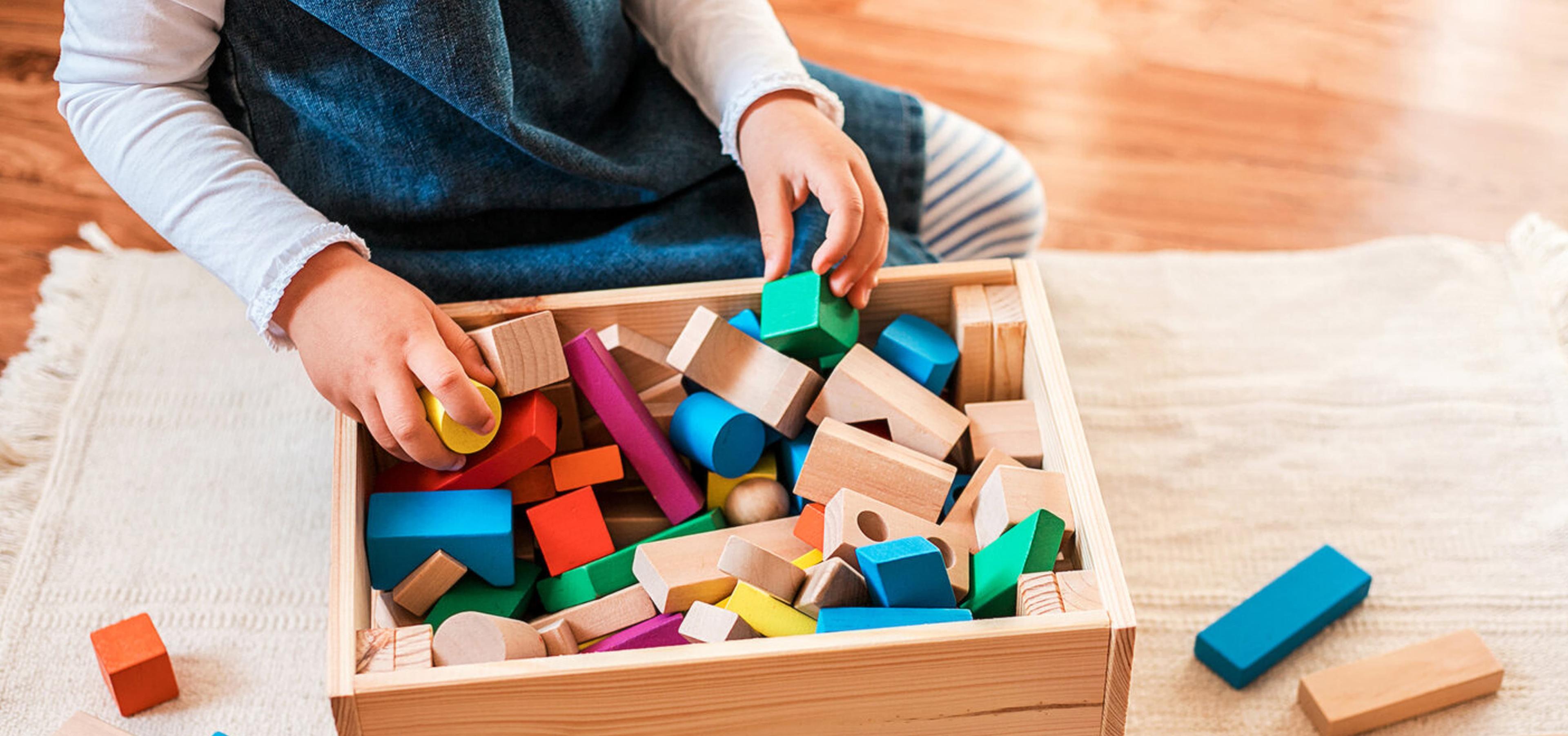Clean-up time is an important part of the Montessori Approach. It is a time when children learn to take responsibility for their environment and contribute to the smooth running of the classroom. Clean-up time is not only about tidying up, but it also helps children to develop concentration, order, and coordination.
In Montessori classrooms, the environment is carefully prepared to promote independence and self-discipline. Children are given freedom within limits and are encouraged to work at their own pace. Clean-up time is an extension of this philosophy, where children are given the opportunity to take ownership of their learning environment and work collaboratively with their peers.

Key principles for clean-up time
Clear expectations: Children are given clear instructions on what needs to be done during clean-up time. For example, they may be asked to return materials to their designated place on the shelf or put away work they have completed. These expectations are reinforced consistently, so children know what is expected of them.
Orderly process: The clean-up process is organised and structured to minimise confusion and chaos. Children may be divided into small groups or assigned specific areas of the classroom to clean up. A visual schedule or checklist may be used to help children stay on track and remember what needs to be done.
Respectful interactions: During clean-up time, children are encouraged to work collaboratively and respectfully with their peers. They are taught to communicate effectively, ask for help when needed, and take turns. This helps to foster a sense of community and cooperation in the classroom.
Attention to detail: Clean-up time is not just about putting things away. Children are taught to pay attention to details such as making sure materials are arranged neatly, and the environment is tidy and ready for the next activity. This attention to detail helps to develop a sense of pride and respect for their environment.
In conclusion, clean-up time is an essential part of the Montessori Approach. It teaches children valuable life skills such as responsibility, independence, and cooperation that will serve them well throughout their lives.

